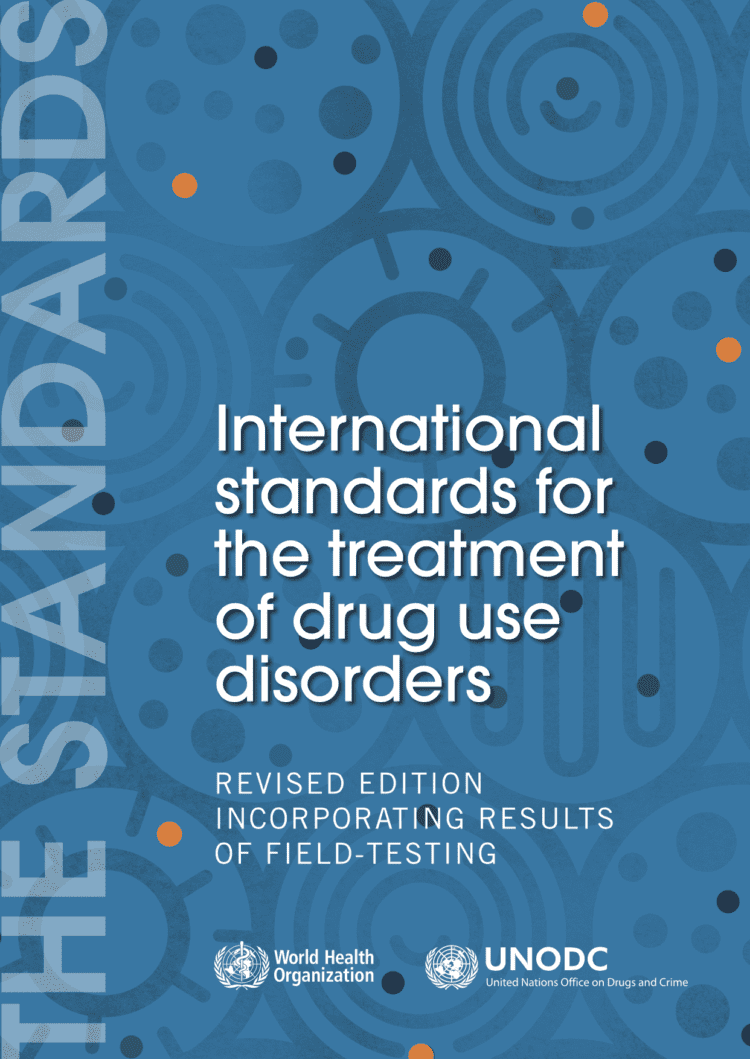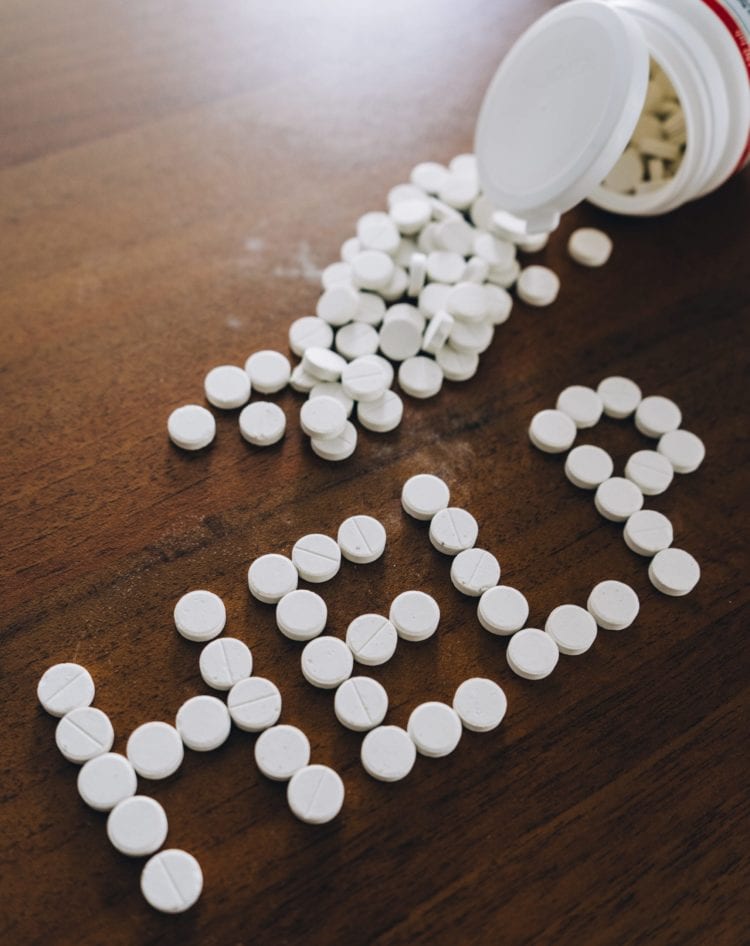UNODC, WHO: Revised International Standards for Treatment of Drug Use Disorders
The World Health Organization (WHO) and the United Nations Office on Drugs and Crime (UNODC) have published a revised and updated version of the ‘The International Standards for the Treatment of Drug Use Disorders‘. The revised edition is now incorporating results of a comprehensive field-testing effort of the treatment standards.
The Standards are a joint project by UNODC and WHO to support Member States in their efforts to develop and expand effective, evidence-based and ethical treatment for drug use disorders.
The Standards are intended for all involved in the policy development, planning, funding, delivery, monitoring and evaluation of treatment services and interventions for drug use disorders and are based on currently available scientific evidence setting out a framework for implementation.
Public health care principles
 The Standards are based on currently available scientific evidence on treatment for drug use disorders and set out a framework for the implementation of the Standards, in line with principles of public health care.
The Standards are based on currently available scientific evidence on treatment for drug use disorders and set out a framework for the implementation of the Standards, in line with principles of public health care.
- They identify major components and features of effective systems for the treatment of drug use disorders.
- They describe treatment modalities and interventions to match the needs of people at different stages and severities of drug use disorders, in a manner consistent with the treatment of any chronic disease or health condition.
The Standards are aspirational, and such, national or local treatment services or systems need not attempt to meet all the standards and recommendations made in this document all at once. However over time, progressive quality improvement, with ‘evidence-based and ethical practice’ as an objective, can and should be expected to achieve better organized, more effective and ethical systems and services for people with drug use disorders.
The aim of the Standards

UNODC and WHO encourage those responsible for local or national policy development, planning, funding, delivery and monitoring, and for the evaluation of treatment for drug use disorders, to measure up local systems and services for the treatment of such disorders against the Standards. The aim is to identify gaps and areas that fall short of the Standards and work with the appropriate stakeholders to improve the systems and services. While many principles and sections of the Standards may also apply to the treatment of other mental and substance use disorders (such as those due to alcohol and nicotine use), the Standards’ primary area of focus is on drug use disorders.
The Standards set the overall scene but do not attempt to provide all necessary details for the organization, functioning and development of services. Additional tools, such as treatment guidelines, capacity-building materials and toolkits for implementation, monitoring and evaluation, can be used for these purposes. The Standards maintain a degree of flexibility to ensure their applicability in different social, cultural and legal frameworks.
—
Citation
World Health Organization & United Nations Office on Drugs and Crime. (2020). International standards for the treatment of drug use disorders: revised edition incorporating results of field-testing. World Health Organization. https://apps.who.int/iris/handle/10665/331635. License: CC BY-NC-SA 3.0 IGO